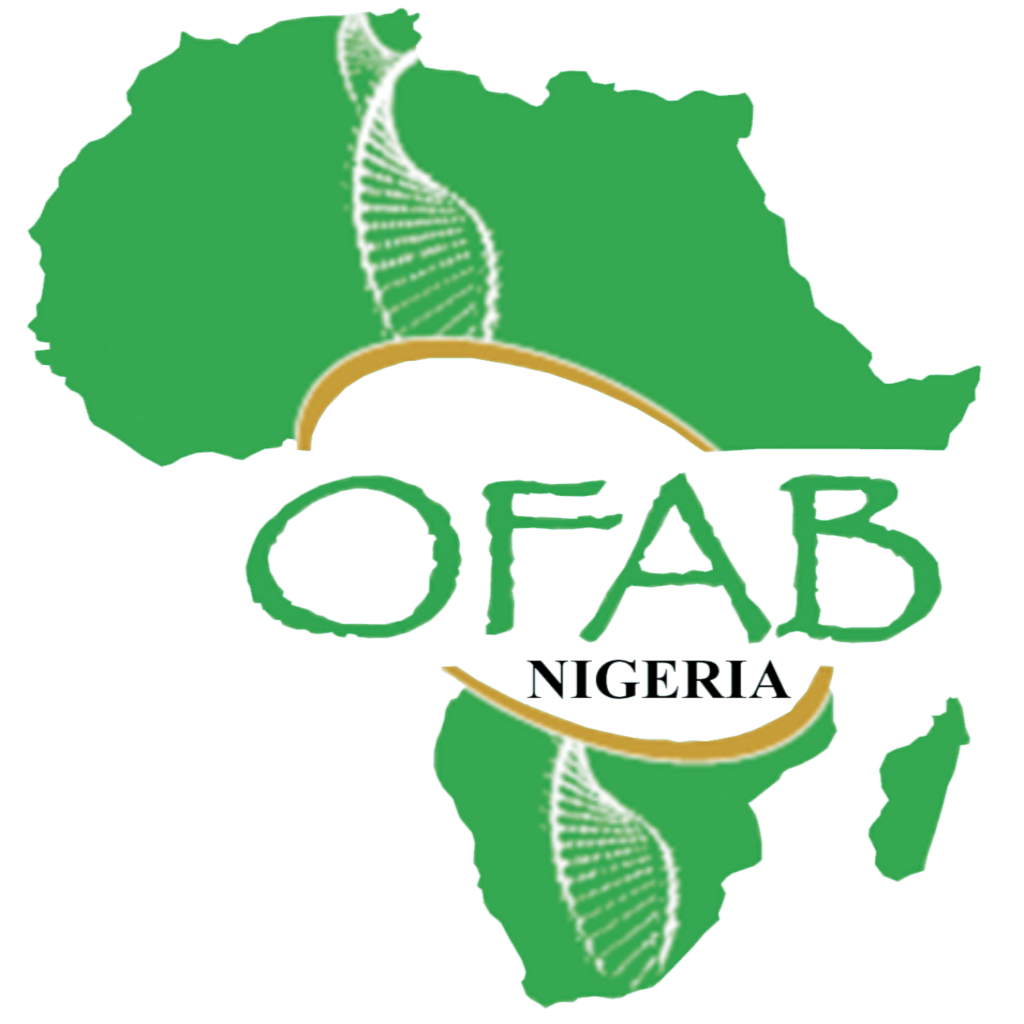
The Alliance for Science (AfS) at the Cornel University, Washington DC; National Biotechnology Development Agency (NABDA); Open Forum in Agricultural Biotechnology on Africa (OFAB), Nigeria chapter; the African Agricultural Technology Foundation (AATF) and the International Institute for Tropical Agriculture (IITA) partnered to build the capacity of selected scientists in Nigeria on gene editing communication.
skilling event to learn how to effectively communicate with policy makers and the public about the benefits of using genome editing tools in agriculture.
The aim of the training was to provide scientists with requisite communication skills needed to discuss the applications of genome editing in food and nutrition security.
In his welcome address to the participants, the Head, Development and Delivery at IITA Ibadan, Dr Alfred Dixon said the training would help scientists build their skills in developing simplified messages to communicate the purpose of their research and benefits of gene editing to the public. “It is a strategic training to ensure that scientists are able to communicate this exciting innovation. Currently, few scientists are actively communicating scientific issues, including the use of gene editing in plant breeding to the public. This has resulted in myths and misconceptions about the scientists’ research, which could hinder scientific innovation That is why scientists must tell their stories, because they are the real champions of their work,” said Dr Dixon who was represented by the Head of Communications, IITA, Katherine Lopez.
Board Member of the Alliance for Science, AfS, Professor Chiedozie Egesi gave a brief on AfS and encourage participants to sign up.
Declaring the workshop open, the Director General of NABDA Professor Abdullahi Mustapha said that Genome editing holds great promise and is set to revolutionize agriculture and healthcare sectors globally. He said Nigeria and the entire continent will benefit from this technology due to its precision, affordability and potential.
The Director General who participated in the meeting virtually challenged the participants to come out of this 4-day training well- equipped to not only confront the activists but to become champions and spokesperson for the technology. “The world is changing, science is also evolving, and we can’t remain static because a few chose to be mischievous because of their personal gains over the plight of our poor farmers”, he stated.
Professor Mustapha also informed that the regulatory Guidelines for Gene editing in Nigeria has been drafted, reviewed and validated by the National Biosafety Management Agency and ready for use. Nigeria, he notes, is the first country in Africa to do so.
Speaking on the topic ‘Why Gene Editing is Important to Nigeria? What crops are under Gene Editing Research in Nigeria? What is the gene editing advantage?’ Plant Biotechnologist and Chief Research Officer at the National Root Crops Research Institute (NRCRI), Umudike, Abia State, Dr. Ihuoma Okwuonu, said Nigerian farms are heavily dependent on rain-fed irrigation and face many challenges such as low productivity, post-harvest losses, stubborn pests and diseases. She said Genome editing has the potential to revolutionize agriculture in Nigeria, address issues of food allergies and can be used to breed crops’ resistant to diseases and also improve animal welfare.
Dr Leena Tripathi of the IITA made presentations on the ‘Science of Gene Editing’ while the Country Coordinator of OFAB, Dr. Rose Gidado spoke on ‘Framing the Genome Editing Narrative: Lessons from the GM Debate’ The OFAB boss explained the need to train scientists on communicating agricultural research is urgent. According to her, science evolves, so training scientists to communicate new technologies such as gene editing is an idea whose time has come.
Explaining the ‘Nigerian Gene Editing’ policy, the Director General of National Biosafety Management Agency, Dr. Rufus Ebegba, the Director General of National Biosafety Management Agency (NBMA), urged scientists to follow the laws and guidelines already put in place by the Agency to ensure safe application of the technology in Nigeria. All GMO products, he said, must be labelled.
Other topics addressed at the training include: ‘Application of Gene Editing for Climate Change in Agriculture’ by Nicholas Karavolias; ‘Getting Science into Policy: Advocacy tricks of the trade. What worked and what did not in Climate Advocacy’ by Vitumbi Chinoko of OFAB, Africa and ‘Global Regulatory and Policy Environment: What is the International Conversation around oversight of gene-edited agricultural products? How are gene editing being regulated in different countries?’ by Greg Jaffe among others.
Participants in the programme expressed optimism that with the level of training received, research and innovation landscape will change positively. One of the participants, Seyi Adeboye, a scientist and a member of staff of NABDA said there is need for scientists to engage the public so as to change their perceptions. According to her, concerns expressed by the public about the technology are based on the level of information available to them. There is the need to enlighten them adequately through effective advocacy on the benefits of gene editing for tackling agricultural issues in the country.

